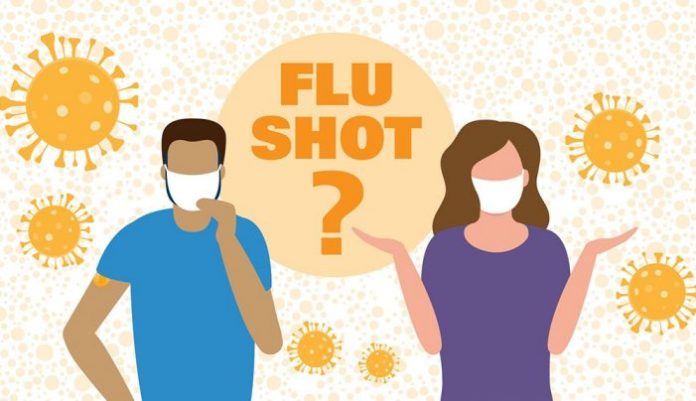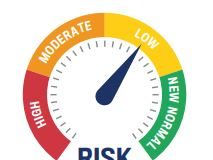It’s that all too familiar time of year…flu season. However, added to flu season this year is covid-19 and this pair is NOT a friendly combination. In a bad flu season (Dec-Feb), nearly 40-50 million Americans catch the flu with approximately 800,000 needing hospitalization. Add those numbers to the covid cases requiring hospitalization and it’s very likely we could overwhelm our healthcare system this year. The answer that may help? Getting your flu shot.
How Much Does The Flu Shot Cost?
Flu shots are covered 100% by your insurance, whether you are covered under Magleby’s plan or another plan. However, how they are paid for varies between getting your flu shot at a doctor’s office or at a pharmacy.
Doctor’s office
If you get your flu shot at a doctor’s office, they will bill the shot through the insurance to be paid. There will be no cost to you at the time of the shot. Getting the shot from a doctor’s office is convenient for billing purposes but not so convenient for having to schedule an appointment, take time off work, and wait in the waiting room before your appointment.
Pharmacy
Getting your flu shot at a pharmacy is not only far more convenient for you because you can just swing by and get it, but the shot itself costs less so insurance claims are lower. However, the pharmacy will not be able to bill the insurance directly. You’ll need to pay up front for the shot and then submit the receipt and reimbursement form to MotivHealth below (or, if you don’t have Motiv, get a reimbursement form from your insurance carrier.) Motiv will process the claim very quickly and mail you a check for the cost of the shot. The convenience of getting in and getting out to get your shot far outweighs the inconvenience of emailing a form for reimbursement.
Who Should Get The Flu Shot
According to the CDC, everyone 6 months of age and older should get a flu vaccine every season with rare exceptions.
People who can get the flu shot:
- Different flu shots are approved for people of different ages. Everyone should get a vaccine that is appropriate for their age.
- There are inactivated influenza vaccines (IIV) that are approved for people as young as 6 months of age.
- Some vaccines are only approved for adults. For example, the recombinant influenza vaccine (RIV) is approved for people aged 18 years and older, and the adjuvanted and high-dose inactivated vaccines are approved for people aged 65 years and older.
- Pregnant women and people with certain chronic health conditions can get a flu shot.
- Most people with egg allergy can get a flu shot.
People who SHOULD NOT get the flu shot:
- Children younger than 6 months of age are too young to get a flu shot.
- People with severe, life-threatening allergies to flu vaccine or any ingredient in the vaccine. This might include gelatin, antibiotics, or other ingredients. See Special Considerations Regarding Egg Allergy for more information about egg allergies and flu vaccine.
People who should talk to their health care provider before getting a flu shot:
If you have one of the following conditions, talk with your health care provider. He or she can help decide whether vaccination is right for you, and select the best vaccine for your situation:
- If you have an allergy to eggs or any of the ingredients in the vaccine. Talk to your doctor about your allergy. See Special Considerations Regarding Egg Allergy for more information about egg allergies and flu vaccine.
- If you ever had Guillain-Barré Syndrome (a severe paralyzing illness, also called GBS). Some people with a history of GBS should not get a flu vaccine. Talk to your doctor about your GBS history.
- If you are not feeling well, talk to your doctor about your symptoms.










